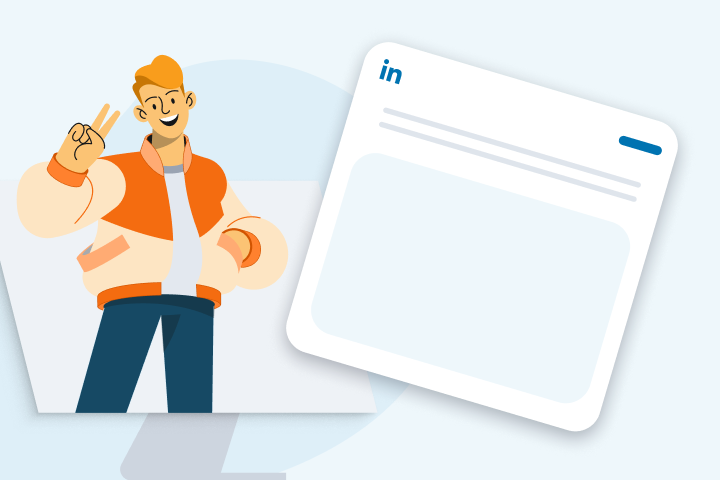The Synergy Between Social Media Marketing and SEO
Have you ever googled a product or a service and wondered how some brands make it to the top of the search results? It's not magic – it's the synergy between social media marketing and search engine optimization (SEO).
When brands combine social media marketing and SEO, they can improve their organic rankings and drive traffic to their website. A higher search rank and more website traffic can potentially boost engagement, generate more leads, and increase revenue.
In this article, we’ll explain what is social media marketing and SEO, show how social media affects SEO, and share some best practices for integrating social media and SEO.
Ready to get the synergy flowing? Let’s get started.
Understanding Social Media Marketing
Social media marketing is the strategic use of social media platforms to promote your products or services, interact with your target audience, and drive traffic to your business online.
Successful brands share common social media marketing goals and objectives. These include boosting brand awareness, audience engagement, lead generation, and customer retention. To achieve these goals via social media platforms, they’ve crafted an effective social media marketing strategy. You can replicate this by:
1. Identifying Your Target Audience
Define your target audience by creating a buyer persona. Include details such as demographics, pain points, and interests. This will give you an idea of what kind of content to create.
2. Selecting the Right Social Media Platform(s)
Your target audience will influence the social media platform(s) that you select for your company. For example, if your audience is Millennials and Gen Z, you will likely focus on Instagram and TikTok. In contrast, if your target audience is business professionals, you’ll want to focus on LinkedIn.
3. Creating Quality, Engaging Content
Create content with purpose and intent. Share industry updates, a peek into your company culture, or address pain points with handy tips. By adding photos, videos, and infographics to your content, you can make it more engaging to your audience.
4. Building Relationships
By engaging and interacting with your audience, you’ll be building real connections. Block out time in your schedule to respond to their comments and messages. Consistent, timely engagement will go a long way with your audience, and don’t forget to return the favor and like and share their content, too.
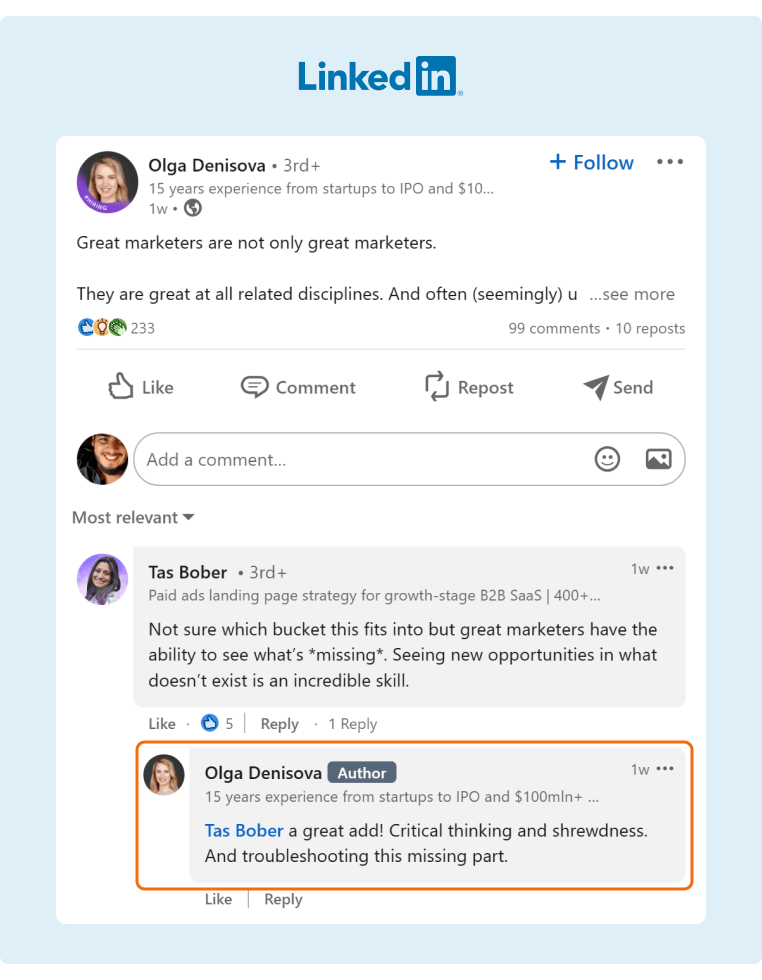
5. Measuring Performance
To maximize your social media efforts, regularly track metrics such as brand reach, conversions, and engagement. This will help you see what type of content and interaction (comments, likes, shares) resonates best. You can then make adjustments as needed.
Savvy companies know that they need more than just a social media strategy to take their brands to the next level. They need social media SEO. By optimizing their social media profiles and posts, they make it easier for potential customers to discover their brands in search engine results, which brings us to…
Understanding SEO
Search engine optimization (SEO) is the process of optimizing a website’s visibility in search engine results to get more organic traffic.
SEO plays a crucial role in improving your brand’s online search ranking. The higher you rank, the easier it is for people to visit your website when they’re searching for relevant information, products, or services.
Having a strong SEO strategy plays a key role in improving your brand’s ranking position and building brand awareness. Part of this strategy is on-page SEO optimization for your website. On-page optimization or on-site SEO is the process of optimizing your webpage content for search engines.
Here are some on-page SEO optimization techniques:
1. Performing Keyword Research
Keywords are the foundation of SEO: they reflect what your users are searching for. Not only do you want to identify relevant keywords and long-tail keywords, but you also want to consider search intent, or the “why” behind a search query.
There are four types of keyword search intent: informational (looking for information), navigational (looking for a specific website), commercial (looking for reviews), and transactional (looking to make a purchase).
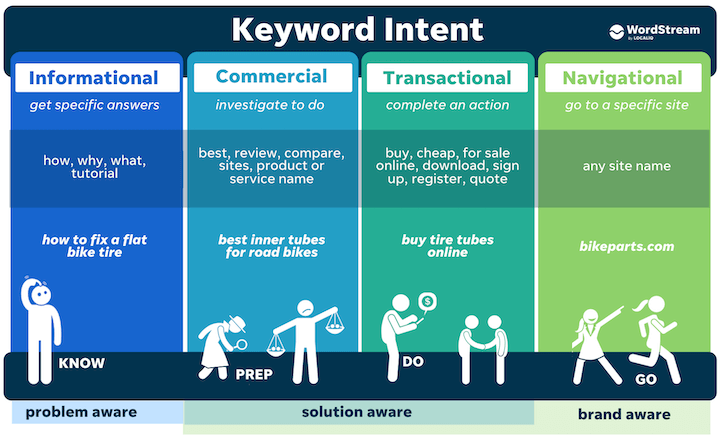
Source: WordStream
By analyzing search intent, you can determine what type of keywords you need to target and the type of content that you need to create to answer the query.
2. Creating High-Quality Optimized Content
Search engines prioritize content that is relevant, informative, and valuable to users. Once you have your target keywords, you can begin to create quality, SEO optimized content for your website.
Use headings (H1) and subheadings (H2, H3, H4) to help structure your content (and your webpage), making it not only more reader friendly but easier for search engines to scan, too. In these headings, you’ll strategically place those relevant and long-tail keywords. (This is in addition to using keywords within the content body.)
Avoid including too many keywords which can translate as spammy content. You want to create quality content that helps your users and search engines understand what your brand does and how your brand adds value. Quality content can be blogs, podcasts, videos, case studies, infographics, etc.
Remember, content that is poor quality and spammy won’t rank well. More importantly, no one will want to link to your content, which will negatively impact link-building strategies.
4. Using Backlinks
Creating backlinks from another website to yours is a great strategy for boosting the visibility of your website on search engines. It’s an indicator of a site’s credibility and authority by telling Google that your website is important enough that it’s linked to third-party sites.
In addition to these techniques, social sharing (e.g., sharing links to your page on social media profiles) also contributes by increasing content visibility and attracting potential backlinks.
Let’s say your company shares a LinkedIn post announcing a new product release or even an acquisition. Someone reading this may be curious about the details, enticing them to go to your website. Even better, you’ve enabled them to share your news with their LinkedIn followers plus use that link in their own content, effectively creating a backlink and building your brand awareness.
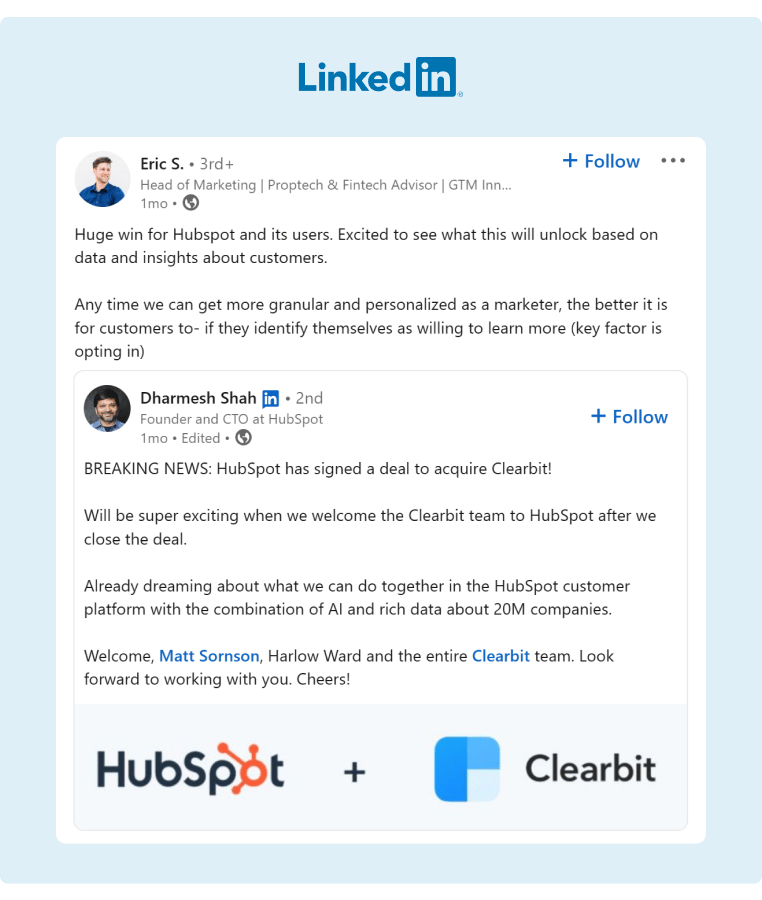
5. Optimize Your Images
Another source of organic traffic is website images. If you’re using images, don’t forget to optimize them with alt text so your images rank higher in search engines and drive traffic.
Some image alt text best practices include:
- Describe the Image. Use the image's subject and context to describe the image.
- Keep Alt Text Brief. Limit your alt text to fewer than 125 characters.
- Use Semantic Keywords. Use the most important terms within a long-tail keyword. For example, use “search engine optimization” instead of “how to boost search engine optimization.”
The Interplay Between Social Media and SEO
Social signals are the engagement metrics (likes, shares, comments) that your content gets on social media. Unfortunately boosting your social signals will not result in a higher ranking position because the relationship between social signals and SEO is an indirect one.
However, social media profiles can rank in search engine results. Since Google wants to connect websites with their social media pages, it’s likely that Google is looking for social signals that connect websites to specific social media profile URLs.
To generate social signals, use content that encourages audience engagement (e.g., infographics, video content, and polls). Here, Yahoo Finance uses an infographic accompanied by a question to generate engagement on its Instagram account.
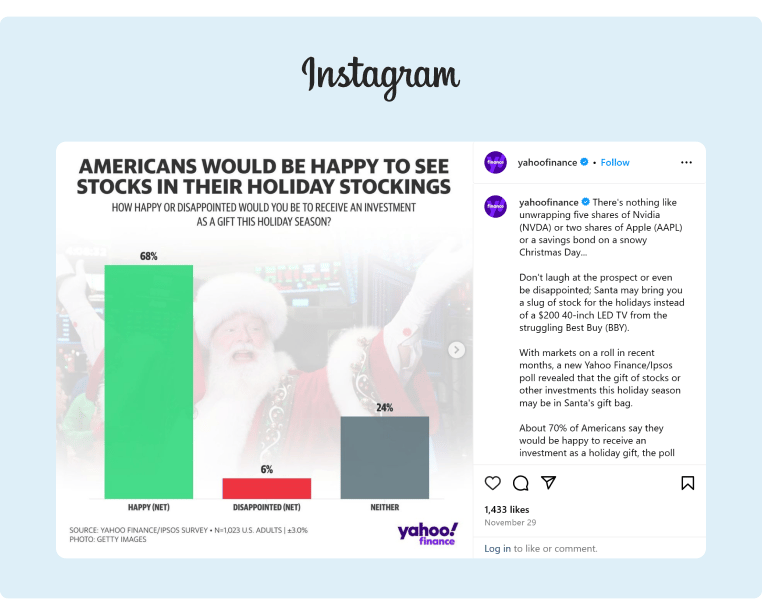
Source: Yahoo Finance
Social Media as a Platform for Content Distribution
You have great content, now let’s get it in front of your target audience. Social media can be used as a platform for content distribution. By posting on relevant social platforms, you can share and promote your content such as posts, graphics, or videos. As previously mentioned, you can also share links from a blog post to encourage social sharing and backlinks.
But, before you start sharing your content across all social platforms, first, you need a content distribution strategy. A content distribution strategy is a plan for promoting and distributing your content online.
For distributing content on social media, consider these tips:
- Find where your target audience “hangs out” and engage with them there (e.g., join a Facebook group).
- Find relevant trending topics and engage with others’ posts who are talking about those topics.
- Collaborate with micro-influencers or influencers who can share your content with a larger untapped audience.
- Use employee advocacy, enabling your employees to act as brand advocates, fostering a sense of credibility and authenticity.
With a strong content distribution strategy in place, you’ll be building your social signals, improving your search engine rankings, and potentially getting more backlinks. Now let’s take a look at the role social signals play in local SEO.
The Role of Social Signals in Local SEO
By actively engaging with its community on social platforms, a local business can enhance its visibility in local search results. As mentioned previously, search engines consider social signals, like local mentions, check-ins, and geotagged content, when assessing a business's relevance to a specific location.
Using geotags and encouraging customers to check-in or leave location-specific reviews helps search engines associate the business with a particular geographical area. Positive reviews and location-based content signal to search engines that the business is relevant and valued within its local community.
Here are some examples of small businesses benefiting from social signals in local SEO:
1. Sugar and Sloth
Sugar and Sloth, founded by Anita Perry, specializes in tools for coping with anxiety, overwhelm, and ADHD. Perry utilizes social media to engage her community with a variety of activities and content like “Bestie Tea Parties,” “Happy Text” system, etc.
Comments, likes, and tags play a crucial role in building and sustaining Sugar and Sloth's business on Instagram. They serve as indicators of engagement and appreciation from the community, contributing to a positive online presence. Also, these interactions amplify the visibility of Sugar and Sloth's content, reaching a broader audience and attracting potential customers.
In this example, the company takes the time to reply to audience comments, spurring even more comments plus 543 likes.
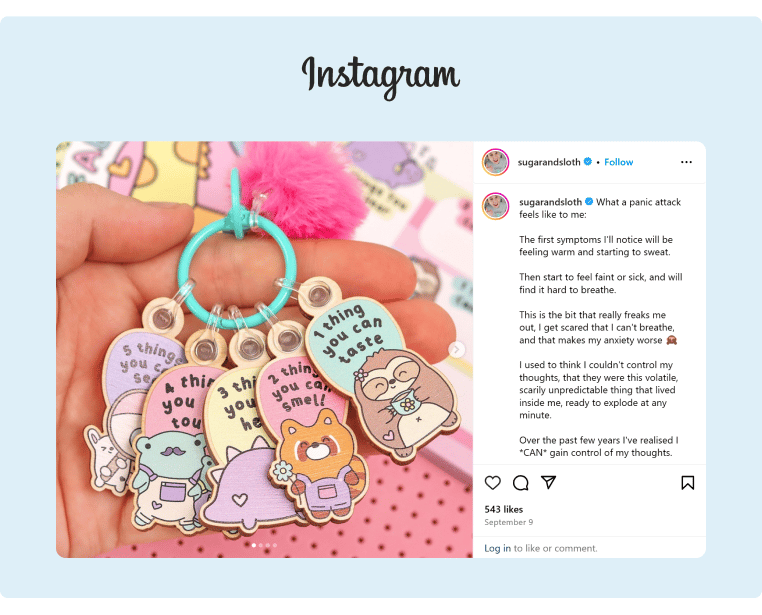
Source: Sugar and Sloth
The 'Happy Text' system also fosters a deeper connection by providing personalized, supportive messages directly to the audience's phones, enhancing the brand's image and encouraging customer loyalty.
2. Bubba’s Meltys
Known for their 'spooky' wax melts, Bubba’s Meltys earned a significant Instagram following (62,000+ followers) simply by showcasing their products in daily videos and using regional hashtags like #waxmeltsuk to attract more local followers. Their engaging approach – while displaying the wax melts, includes voice overs with amusing stories, responses to comments, and audience interaction.
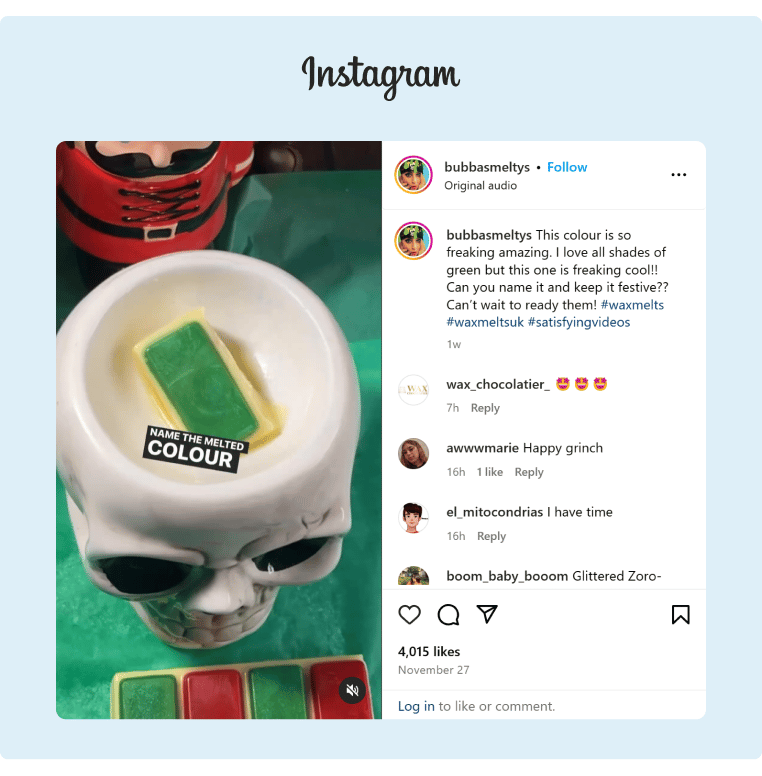
Source: Bubba’s Meltys
They even use their videos to respond to negative comments. It’s a great way to turn bad comments into new content, and encourage loyal customers to jump in and post why they love the brand.
3. Irish Craft Cocktails
Born out of the challenges of the pandemic, Irish Craft Cocktails is a small Irish business that sells high-quality bottled cocktails. Despite its modest size, the venture has quickly gained 11,000+ Instagram followers by showcasing visually striking posts, consistently interacting with their followers, and including relevant local information in its Instagram bio.
Via Irish Craft Cocktail’s company’s Instagram bio, local customers can easily go-to the official website (www.craftcocktails.ie), visit where the drinks are made (1661 Bar), and get local delivery (@deliveroo_ie).
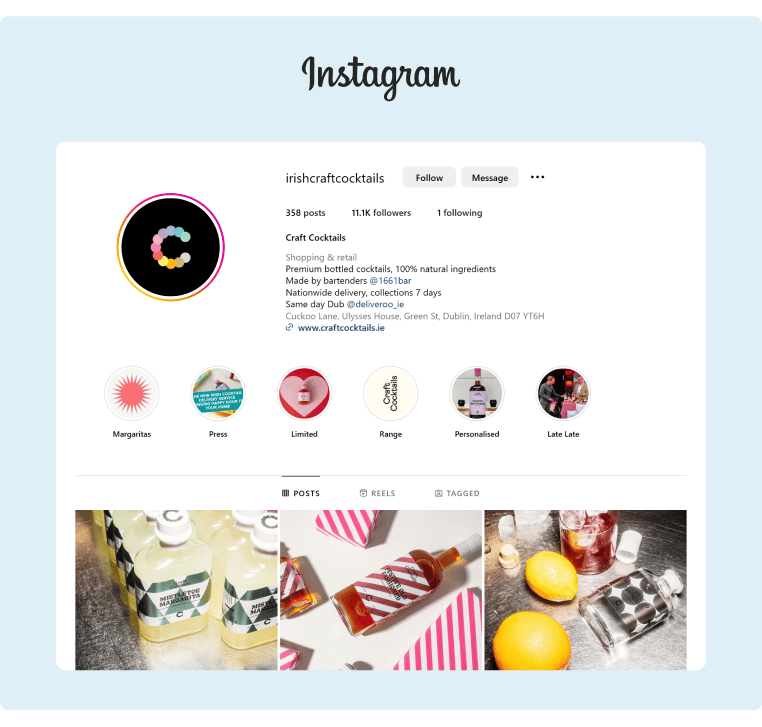
Source: Irish Craft Cocktails
By providing these links, Irish Craft Cocktails is targeting local customers who will click, hopefully patronize one of their services, and ideally leave a review or check-in that will attract even more local followers.
Best Practices for Integrating Social Media and SEO
Ready to integrate your social media and SEO? Here are some best practices to ensure a robust social media presence, and, ultimately, higher SEO rank:
Add Social Sharing Buttons on Your Website
Have a blog or podcast? Make it easier for your audience to share that great content with their network by adding social sharing buttons.
Here, HubSpot’s blog does a great job of making it super easy for their audience to share its content.
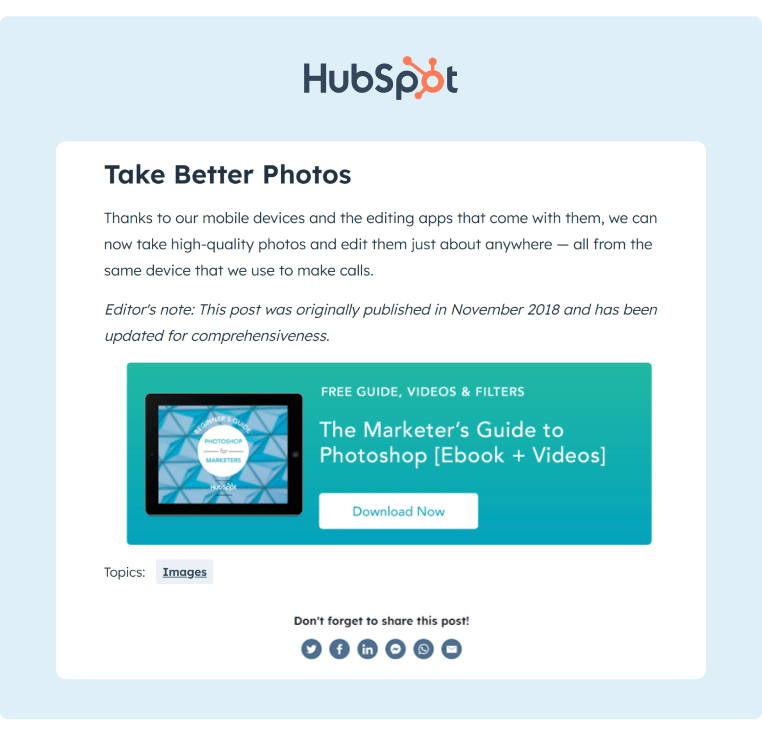
Source: HubSpot
Optimize Social Profiles
Make sure your social media profiles mirror your website’s search engine optimization strategy. Optimized keywords can be included in your ‘about us’ or other customizable sections on your social profile. HubSpot also does a great job of using optimized keywords in its social profile.
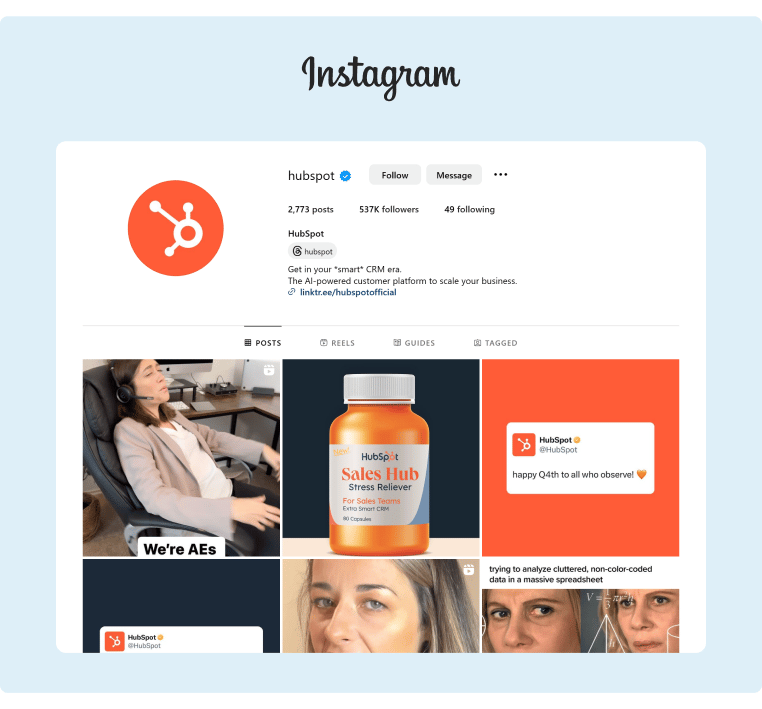
Source: HubSpot
Maintain Consistent Branding
A cohesive brand image across all social platforms is crucial. Use consistent visuals, messaging, and tone across all social media platforms. This consistency reinforces brand identity, builds trust, and ensures that users easily recognize and connect with your brand regardless of the online channel.
As we’ve seen in HubSpot’s examples, their brand image is consistent across all of its social platforms, from Instagram to X shown here:
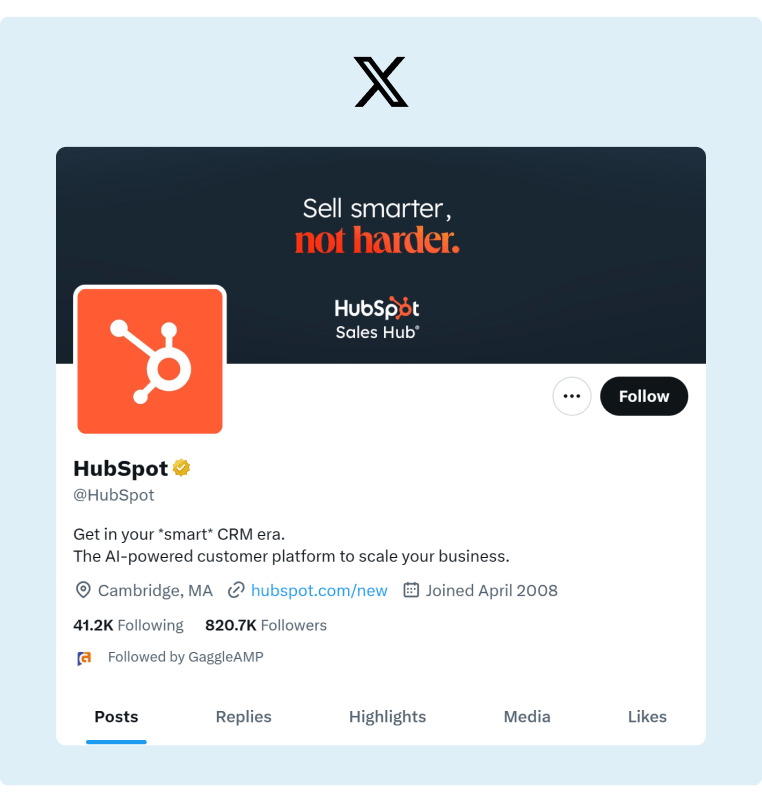
Source: HubSpot
In addition to these best practices, make sure you have a comprehensive digital marketing plan in place. This will help you set long-term marketing goals and help you streamline how and where to push your marketing efforts.
Final Thoughts
Social media marketing and SEO are a dynamic duo that complement one another in so many ways. By adding these strategies to your digital marketing toolbox, you’ll be giving your company a strong advantage against competitive brands.
If you’re ready to see your brand rise in the search engine ranks, consider adding an employee advocacy tool like GaggleAMP. Make that dynamic duo a trio by scheduling a free demo today.







